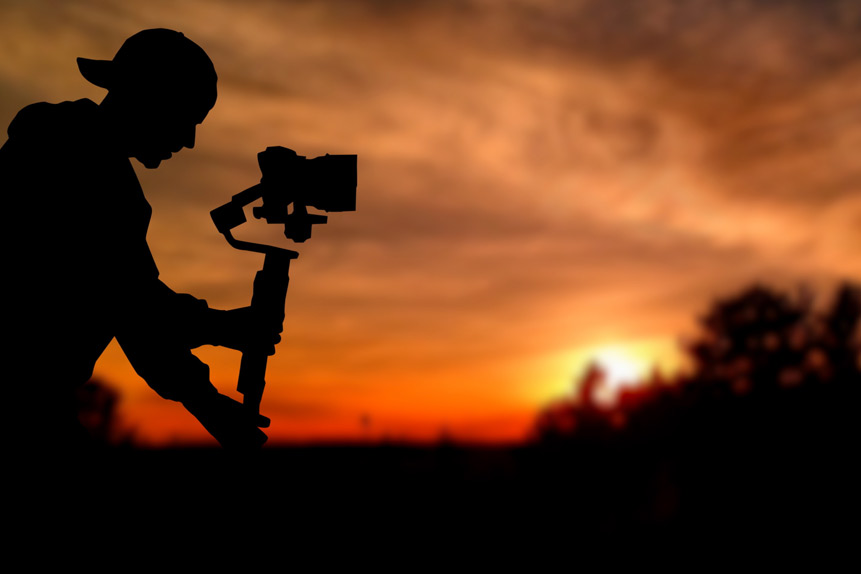The terms “videographer” and “cinematographer” are often used interchangeably in everyday language, leading to confusion regarding the differences between the two roles. While they both involve capturing moving images, there are distinct nuances that set them apart.
A videographer is primarily concerned with recording video footage for a variety of purposes. They are typically involved in documenting events, such as weddings, conferences, or performances. Their work may also encompass corporate videos, promotional content, interviews, or documentaries. Videographers often work independently or as part of a small team, utilizing video cameras or digital devices to capture footage.
The main focus of a videographer is on the technical aspects of video production. They handle tasks like camera operation, composition, lighting, and audio recording. Their goal is to capture high-quality visuals and audio that accurately represent the event or subject being recorded. Videographers are skilled in using different camera techniques and angles to capture important moments effectively. They may also engage in basic video editing and post-production tasks, such as trimming footage, adding transitions, and adjusting audio levels.
On the other hand, a cinematographer, also known as a director of photography (DP), is a more specialized role within the realm of filmmaking. Cinematographers work closely with film directors and production teams to translate the creative vision into visual storytelling on the screen. Their expertise lies in the artistry of cinematography and creating visually stunning compositions.
Cinematographers are involved in larger-scale film productions, where they collaborate with directors and other key stakeholders to establish the film’s visual style, mood, and tone. They have a deeper understanding of camera equipment, including professional cameras, lenses, and other technical tools. Cinematographers work with a dedicated camera crew and often have a team of lighting technicians to create the desired lighting design for each scene.
One of the key distinctions between videographers and cinematographers is the emphasis on artistic storytelling. Cinematographers focus on the overall visual aesthetics of a film, carefully crafting shots, camera movements, and framing to evoke specific emotions and enhance the narrative. They work closely with production designers and art directors to ensure that every frame aligns with the director’s vision.
Unlike videographers, cinematographers often have more extensive training and experience in the technical and artistic aspects of filmmaking. They possess a deep understanding of color theory, composition, and visual storytelling techniques. They employ a variety of cinematic techniques, such as tracking shots, crane shots, and specialized camera rigs, to create dynamic and visually captivating sequences.
In summary, the main distinction between videographers and cinematographers lies in the scope and artistic focus of their work. Videographers primarily capture footage for a range of events and purposes, focusing on technical proficiency and accurate documentation. Cinematographers, on the other hand, contribute to narrative storytelling in larger-scale film productions, employing their artistic expertise to shape the visual aesthetics and evoke emotions. Both roles are essential in the world of moving image capture, each with its unique contributions to the field of visual media.



